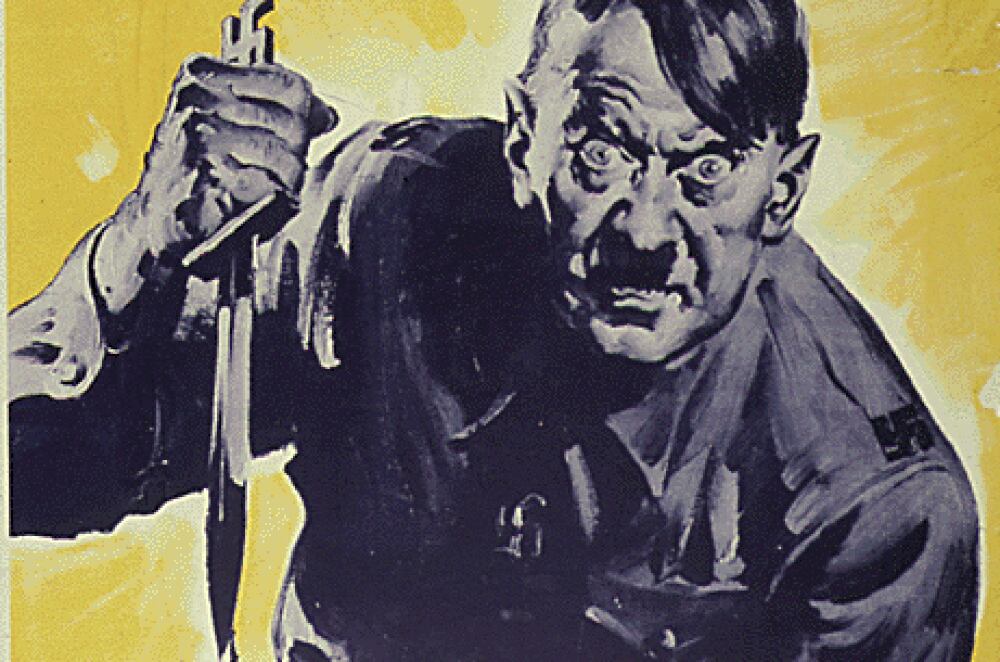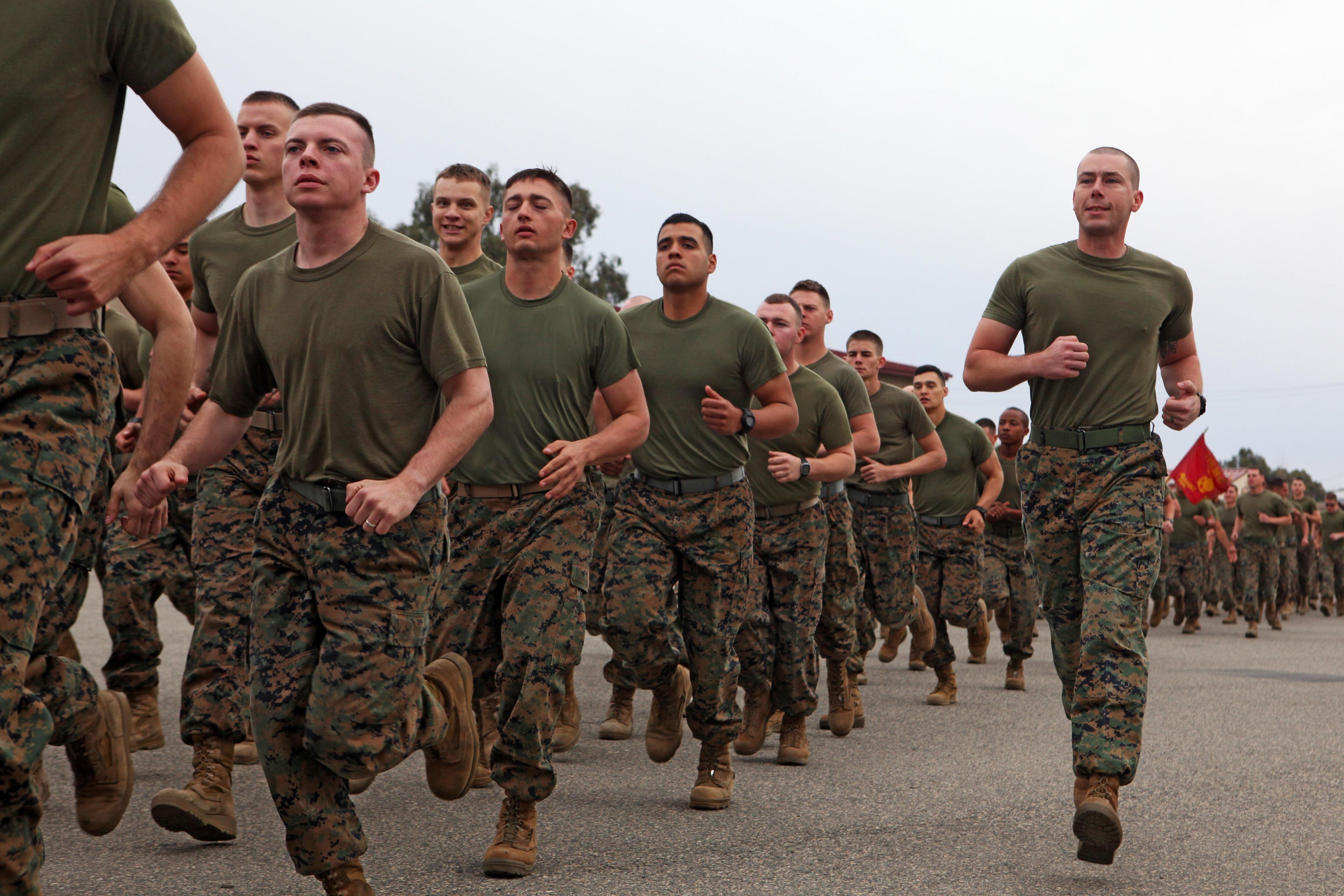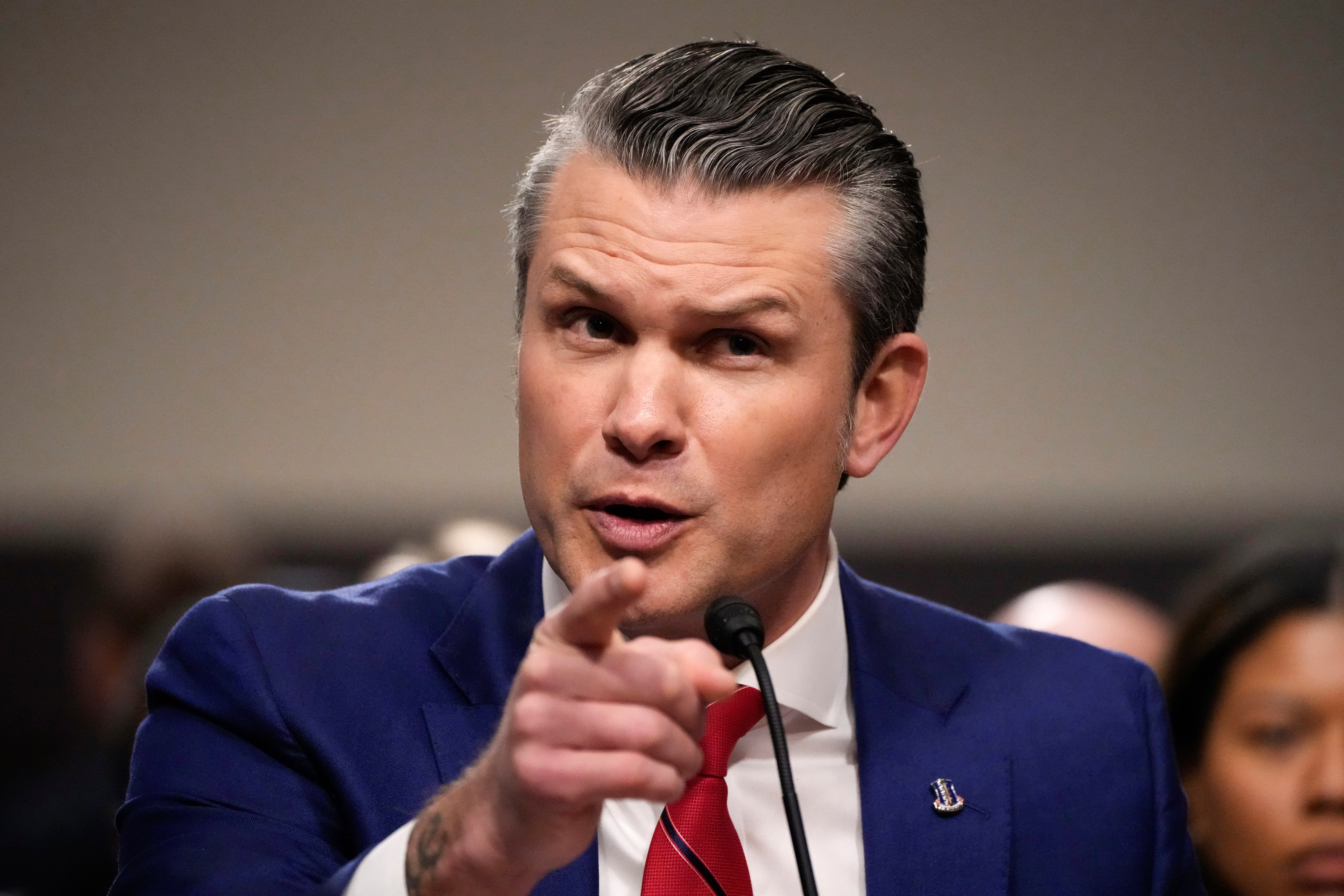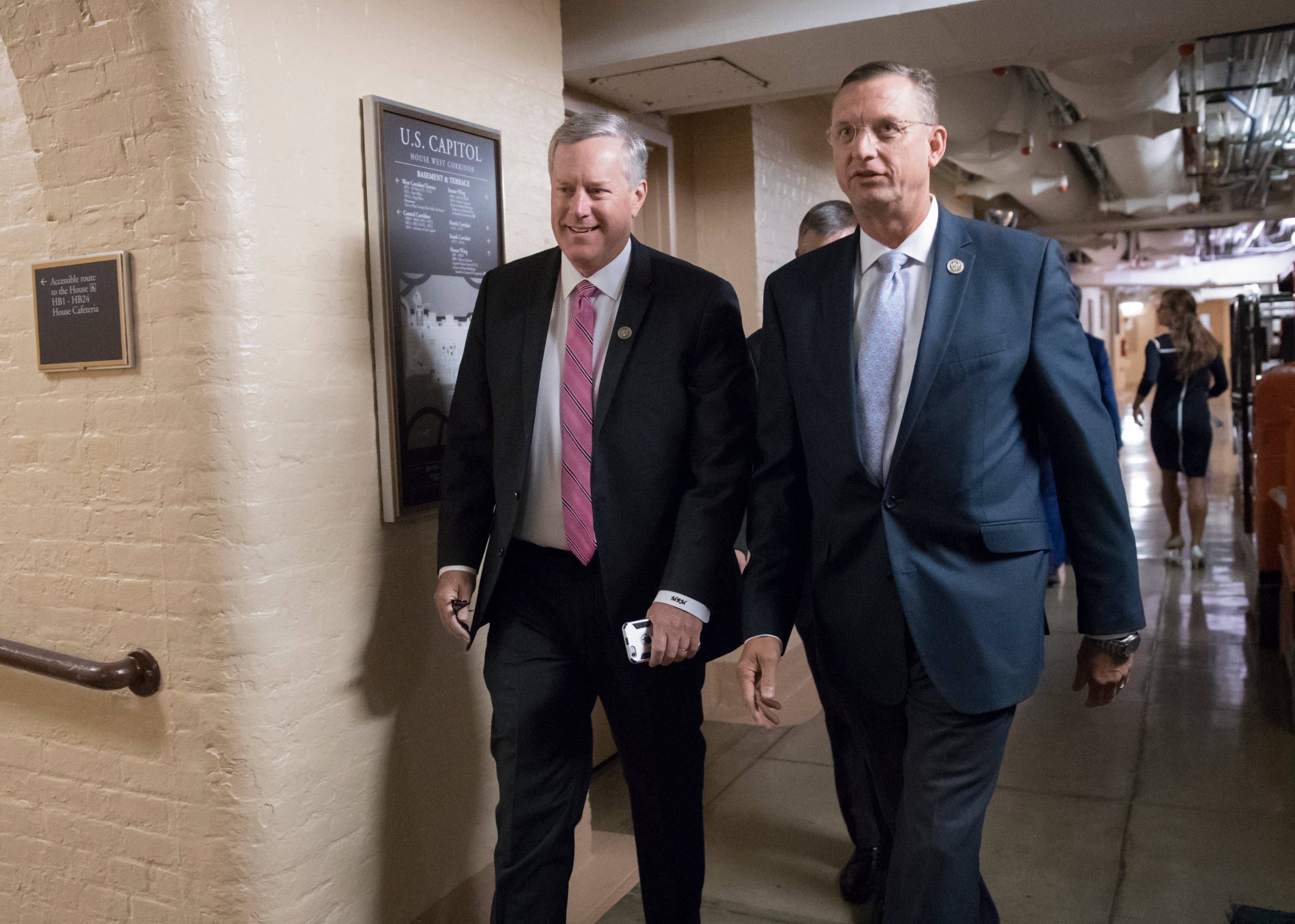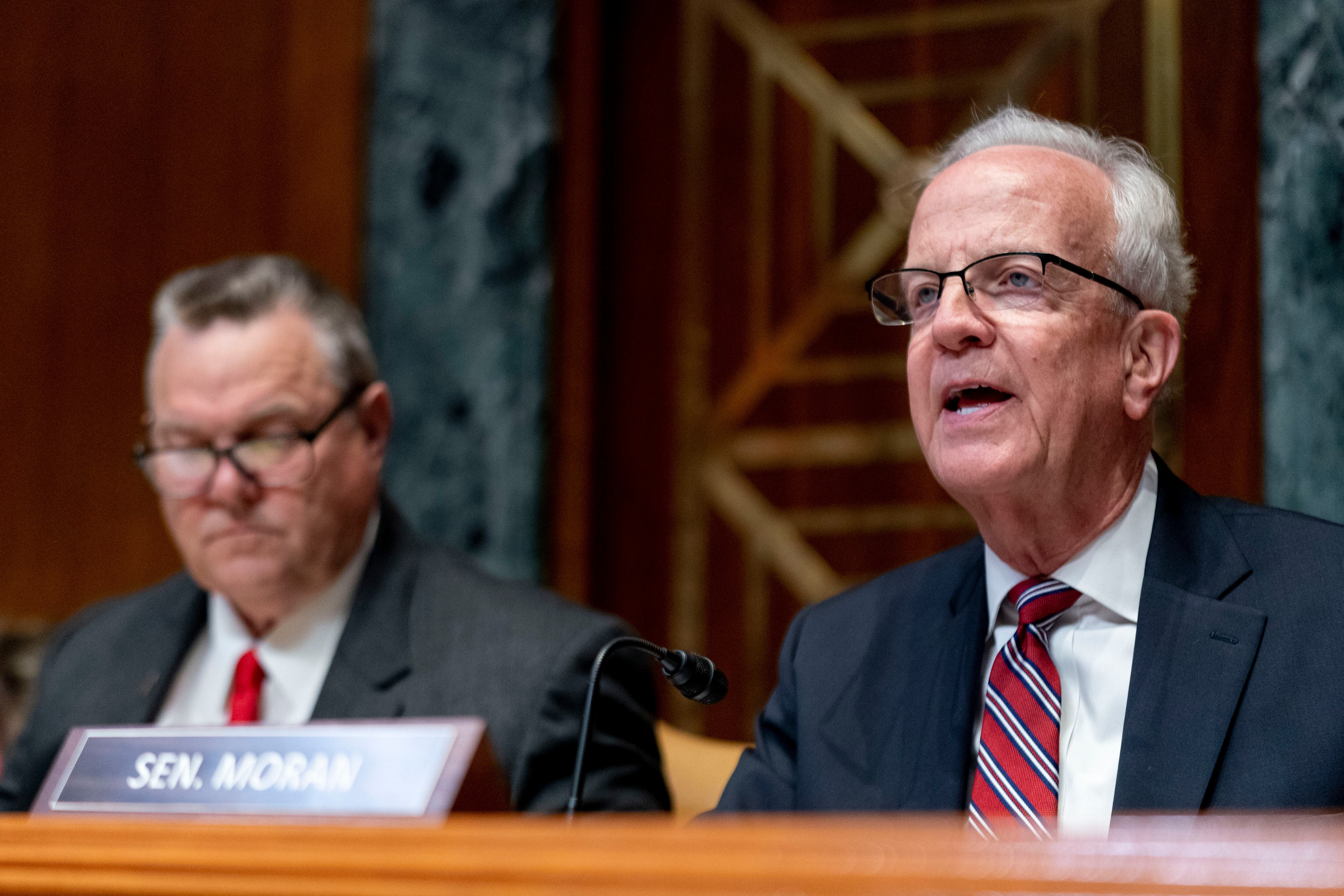On Dec. 7, 1941, Japan attacked the United States at Pearl Harbor and in the Philippines, simultaneously invading the Pacific holdings of Great Britain and the Netherlands.
Four days later, Germany handed declarations of war to the American chargé d’affaires in Berlin and to Secretary of State Cordell Hull in Washington, D.C.
The Reich’s partner, Italy, did the same in Rome and the American capital.
Then, as now, these moves might seem an impulsive display of Axis solidarity. The reality is quite different.
Hitler had long recognized that his hopes and plans for world domination necessitated war with the United States. As he stated explicitly in a follow-up volume to Mein Kampf written in 1928, preparing for war with the United States would be a central responsibility of any National Socialist government.
The days after Pearl Harbor brought to a crescendo the dictator’s protracted effort to orchestrate an international conflict to suit his and Germany’s purposes.
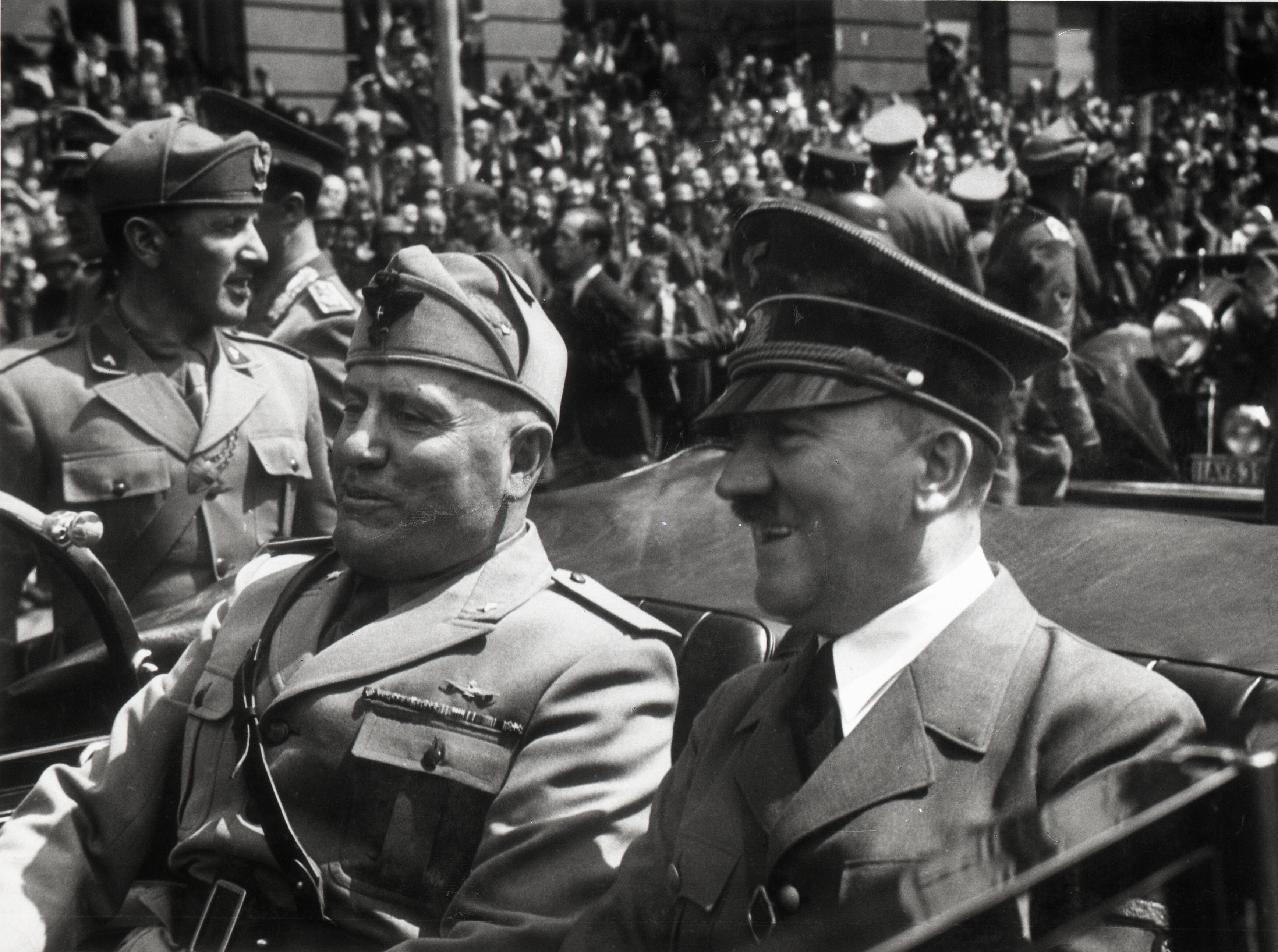
The surprise for Hitler was not that Japan attacked the United States, but how and when. He learned of Pearl Harbor the way millions did: from someone who had heard a radio report about the raid.
The Japanese had not given their allies any precise information on what they planned, so the bombing and torpedo assault itself startled Germany and Italy—hardly unusual. Neither had ever notified Tokyo in advance of intended attacks, either.
The news flash came soon after the German leader returned to the Wolf’s Lair, his headquarters deep in a forest near Rastenburg. Hitler had traveled to East Prussia from the Eastern Front, where he had gone to address firsthand the crises arising from successful Soviet counterattacks at Rostov.
The setbacks to the German invasion of the Soviet Union and the crumbling of Italian forces amid a British offensive in North Africa had left personnel at the Wolf’s Lair feeling gloomy.
Late on Dec. 7, Nazi press chief Otto Dietrich brought Hitler the news about Pearl Harbor. Hitler asked Dietrich to confirm the bulletin, but already word of the Americans’ undoing was enlivening the atmosphere at the Wolfsschanze.
“A delirium of joy embraced everyone as far as one could see in the headquarters,” Gen. Walter Warlimont, a deputy chief of operations in the OKW, the High Command of the German Armed Forces, noted in his memoirs.
The exuberance erupted from certainty that the real fight — against the mongrel giant of the west — at last had begun. Hitler, who saw his life as a constant war, would not be cheated again, as he had been in 1938 when Allied appeasement over the Sudetenland spoiled his plans to invade Czechoslovakia.
Hitler and other German leaders so thoroughly expected the Reich to fight America that, after the initial delighted outburst, they gave Pearl Harbor scarcely a thought.
Army chief of staff Gen. Franz Halder, for example, merely noted in his diary entry for Dec. 8 that “Japan appears to have opened hostilities against America and England by surprise air attacks and warship attacks on Honolulu and also against Shanghai and against Malaya.”
Halder’s entry devotes more attention to the Eastern Front and to North Africa.
On Dec. 9, Halder writes that he conferred with an assistant on a “directive for conversations with attachés [of other countries] on the entrance of America into the war.” The next day Halder briefly notes major Japanese successes, and on Dec. 11 records that he heard a naval officer’s report about “basic factors in the Japanese-American naval war.”
His Dec. 12 entry notes a report on the “Asian theater of war,” but Halder does not consider Germany’s declaration of war the day before worthy of note.
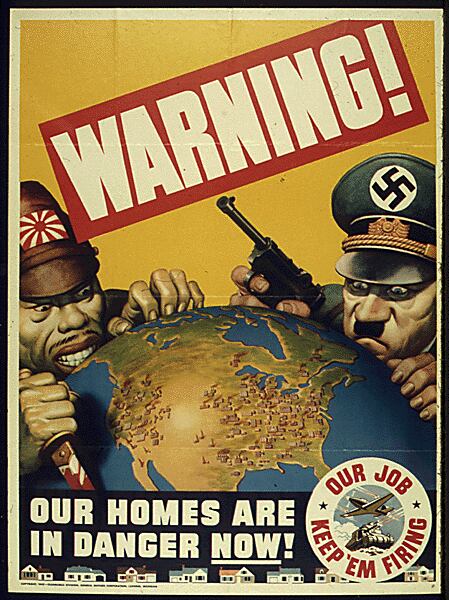
As his master did, the army commander took for granted the Americans’ inability to mount military operations serious enough to affect the German war effort.
Similarly, for Dec. 7 and 8 the usually voluminous OKW war diary refers to the attack at Honolulu only by summarizing official Japanese announcements and dispatches from the Reuters news agency.
The Dec. 8 OKW entry mentions the sinking of the American battleship “New Virginia”; evidently no one at German headquarters had a list of American capital ships or knew that no U.S. Navy vessel with that name existed.
On Dec. 9 the OKW diary summarizes official announcements from Tokyo. On Dec. 10, however, the diary merely mentions a report, and on Dec. 11 it again distills Japanese headquarters and Reuters reports.
The Dec. 11 entry, made after Hitler declared war, notes that Gen. Alfred Jodl, the OKW chief of operations, called from Berlin to suggest that his deputy consider having the staff examine the question of whether the United States will concentrate its military effort first in Europe or in the Pacific. Thereafter, only minimal references to the Pacific War appear in the OKW war diary through 1945.
Entries for Dec. 12 and 13 ignore the fact that Germany has gone to war with another rather large country.
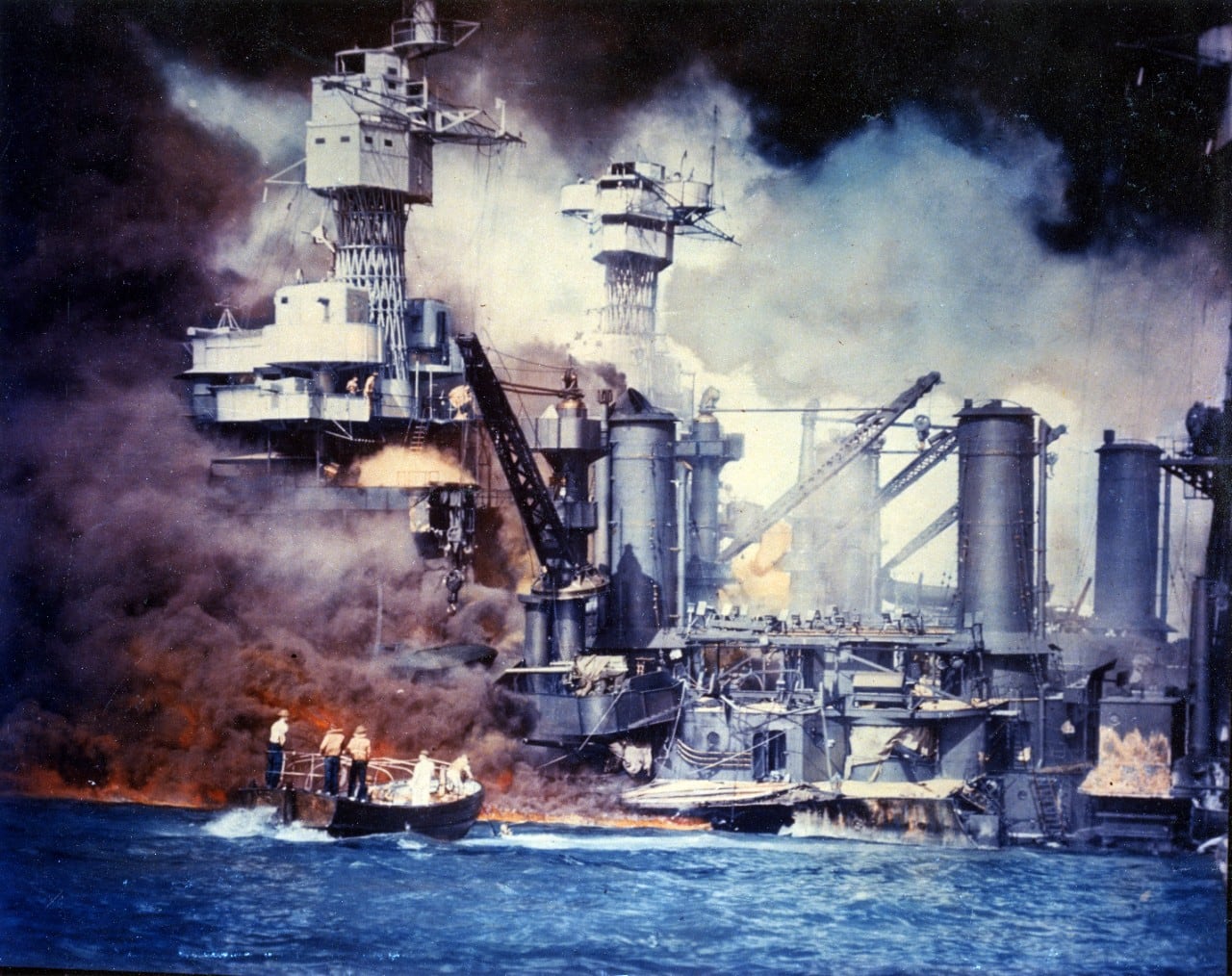
War with the United States had been on Hitler’s wish list for two decades.
Upon becoming chancellor in 1933 he began rearming Germany for the first fights he anticipated — against Czechoslovakia, France, and Britain. He was confident those weapons would also suffice for his next war, against Russia.
In 1937, with a first generation of arms in production, he turned to the special weapons he needed to take on the United States.
A firm believer, like most of his political and military associates, that in World War I Germany had not been defeated at the front but “stabbed in the back” — the colloquial term, popularized by Gen. Erich Ludendorff, was Dolchstoss, “dagger’s thrust” — Hitler held that the Americans played no real role in bringing about Germany’s loss.
The United States had a tiny, weak army and minimal air force and Hitler had nothing but scorn for aircraft production quotas set by President Franklin D. Roosevelt, even though American factories had been meeting those quotas for two years. (Told days before the war declaration that the United States expected by 1944 to be building 100,000 warplanes a year, Reichsmarshall Hermann Göring sneered that all the Americans could make was refrigerators.)
By Hitler’s lights, so racially mixed a collection of degenerates as the Americans could not possibly mount an effective military effort anyway.
But the United States was distant, and had a big navy at a time when Germany did not, so Hitler began developing the Me 264 Amerika Bomber, a four-engine behemoth capable of intercontinental attacks.
At the same time, Germany began developing super-battleships whose guns would be large and powerful enough to demolish American dreadnoughts from afar.
But progress on the weapons of the future stalled and then stopped. Only prototypes of the Me 264 got off the ground, never the swarms of enormous aircraft that Hitler envisioned.
German shipwrights laid the keel for the aircraft carrier Flugzeugträger A (later renamed Graf Zeppelin) in 1936, and keels for monster 56,000-ton battleships early in 1939, but the outbreak of war on Sept. 1 created demands for materiel and manpower that took precedence over these next-generation warships, which never did sail. (Not every production order was cancelled; in June 1944 the German navy took delivery of four huge battleship engines that promptly were melted down for scrap.)
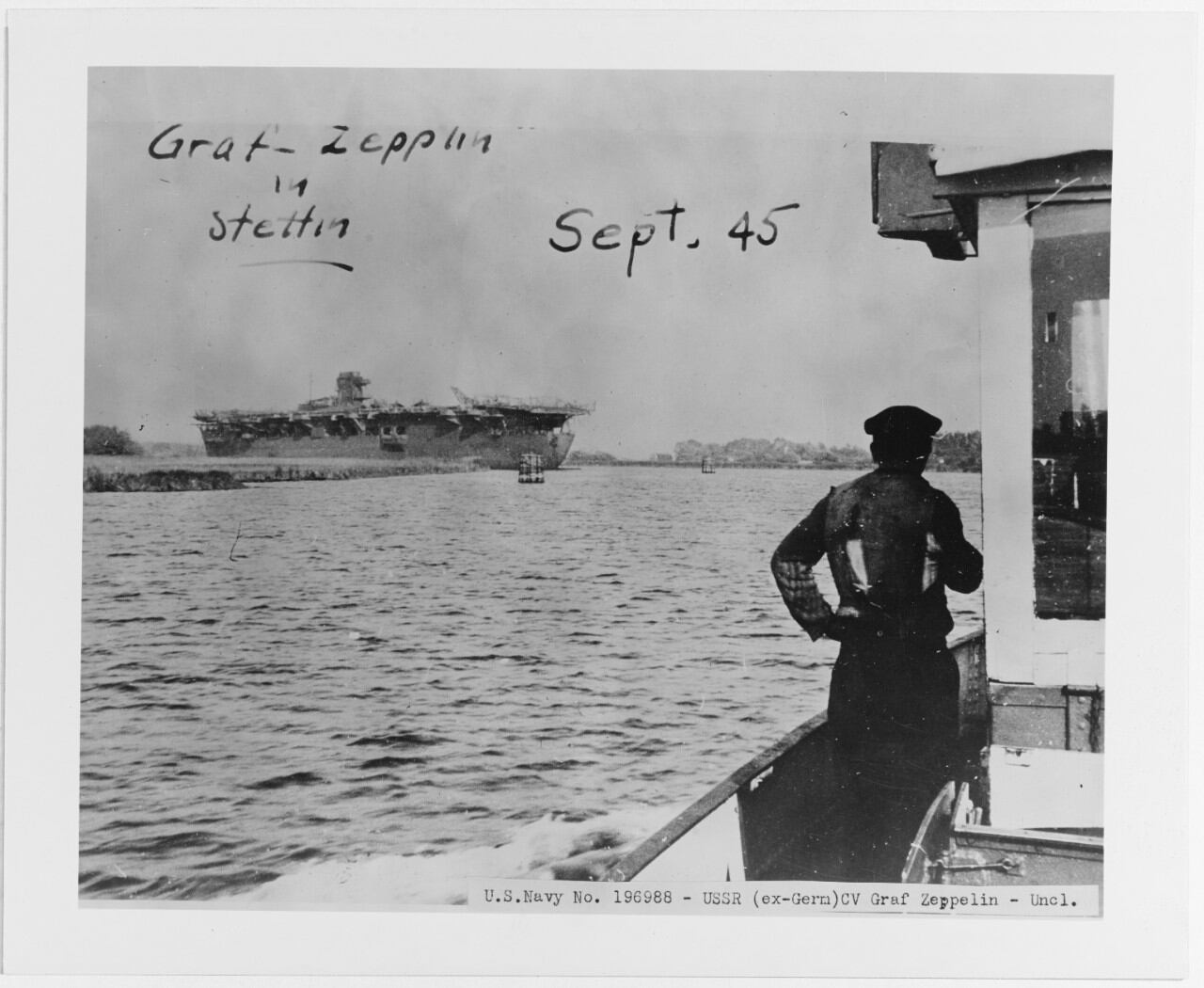
Adm. Erich Raeder, who had assumed the German navy’s helm in 1928, had been pleading for war with the United States since soon after the invasion of Poland.
Despite the U-boats’ success, Raeder didn’t have enough submarines to isolate England, and thanks to flawed designs and losses at sea the Kriegsmarine at times had few surface vessels larger than a destroyer.
In 1940–41, Hitler and associates realized the foreseeable future would not include a huge German blue water navy of battleships, aircraft carriers, and cruisers. To compensate, they looked to the obvious alternative: enlisting an ally that already had such a force.
The equally obvious candidate: Japan.
Under these circumstances, Hitler adopted two parallel policies. He ordered Raeder to avoid incidents with the United States in the Atlantic, and began chivvying Japan to take Singapore away from Great Britain.
With Japan openly joining the Axis side, the alliance would gain a world-class navy, not after years of building but right away, and so remove the main hurdle to Germany’s making war on the United States.
The Japanese had seen Germany’s victories in the west as a signal to move south to expand their Greater East Asia Co-Prosperity Sphere. But after joining the Axis, Tokyo authorities demurred, explaining that they were not planning to invade Malaya until 1946, when the United States had announced it would give up its bases in the Philippines.
Hitler countered that if concern about the United States was restraining Japan, Germany would immediately join in a war against the U.S. and its allies — provided Japan struck now, not five years later, when the Americans would be stronger.
One way or another, Hitler expected to fight the United States, so it made no difference to him whether an American warship went down in the Atlantic or in the Pacific. The sooner Japan attacked, the better.
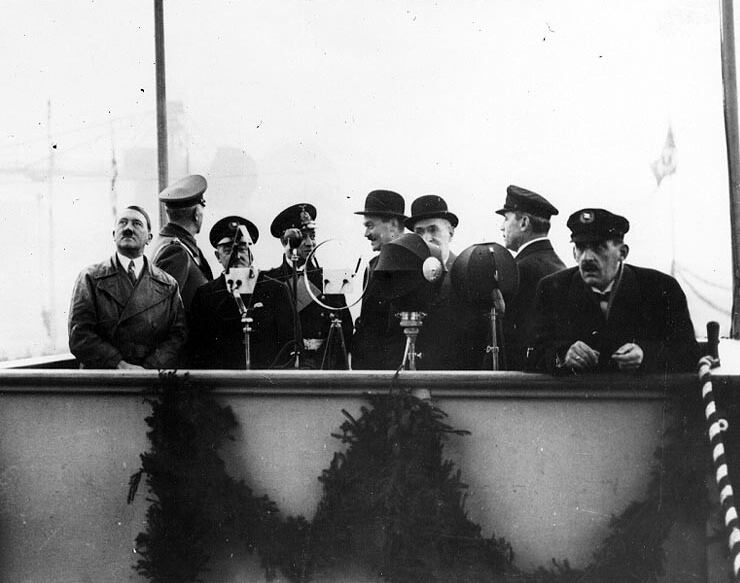
Having promised to fight on Japan’s side, specifically at a March 1941 meeting in Berlin with Foreign Minister Matsuoka Yosuke, German leaders chafed as Tokyo and Washington conducted seemingly endless negotiations on into that year.
Japan’s occupation of southern French Indo-China, coming as it did within a month of Germany’s June 22, 1941, invasion of Russia, clearly pointed in the direction Germany wanted, but still the talks in Washington droned on.
The Germans believed their attack on the Soviet Union would allay Japan’s fears of any threat to its home islands from Russia’s Pacific territories, encouraging the empire to strike southward into areas it had long coveted. The Germans also expected such an action to draw American attention and resources into the Pacific and away from the Atlantic, increasing Germany’s advantage there.
Hitler worried that the Soviets’ failure to collapse as quickly as anticipated might deter Japan from going after the United States. (From an opposite viewpoint, President Roosevelt hoped endless talk might lead Tokyo to see that a German victory was not the certainty the Japanese might be imagining.)
To spur Japan on, Hitler turned to propaganda.
In an Oct. 3, 1941, speech trumpeting a new offensive against the Russians, he boasted, “I say today, because I can now say it, that this enemy is already crushed and cannot ever recover.”
Within the week Dietrich was claiming the Reich had crushed the Red Army and won the war in the East. On Nov. 8, Hitler insisted the offensive “had succeeded beyond all measure.”
None of it was true.
Propaganda Minister Joseph Goebbels thought all three announcements were terrible mistakes.
Italian Foreign Minister Galeazzo Ciano also saw the agitprop as wrong-footed. Ciano was Fascist royalty; not only was he married to Mussolini’s daughter Edda, but in 1936 he replaced Il Duce as foreign minister. He was present at the 1938 talks in Munich in that capacity. Ciano was also the recipient of phone calls at all hours from German Foreign Minister Joachim von Ribbentrop, who was trying to reinforce Italy’s martial resolve.
Even so, Ciano was not privy to Hitler’s larger motives. In Ciano’s diary entry for Oct. 18, he wryly suggests, “Isn’t this a case of their having sung their victory anthem too soon?” (Hitler did not keep a diary, so his private contemplations are unknown.)
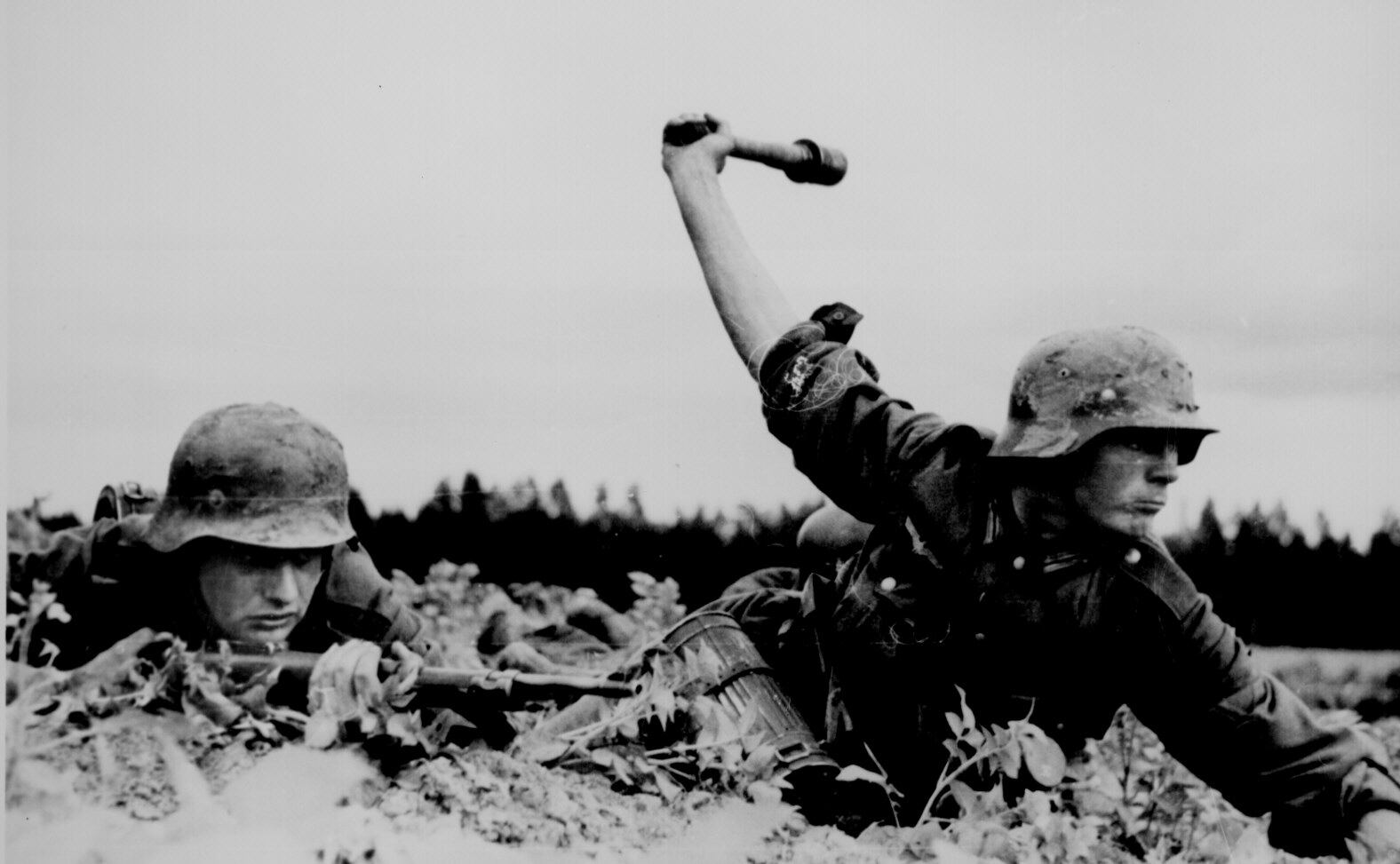
Mistake or no, Hitler clearly meant the propaganda barrage to induce Japan to act.
Looking back on events in a 1950 memoir, Bernhard von Lossberg, an assistant to OKW deputy chief Warlimont, concluded, “Dietrich’s statement was probably designed to hasten Japan’s entry into the war.”
Lossberg’s suspicions are confirmed by a document from Hitler’s special military historian that his secretary, Marianne Feuersenger, quoted in her 1982 memoir.
Referencing “Dietrich’s speech on his command,” the historian wrote, “Propaganda fully under the control of the Führer…. It was decisive that Japan had to be held to the course. F[ührer] had a terrible fear at the beginning of the crisis [before Moscow] that they might be scared off.”
Events proved Hitler’s anxieties well founded. Only days before the Japanese strike force Kido Butai came within range of Pearl Harbor, Tokyo was checking with Berlin and Rome to make sure that their promise to join Japan in war against the United States still held and asking that both nations agree to a treaty not to enter into a separate peace agreement.
The communication brought prompt replies in the affirmative from both Germany and Italy.
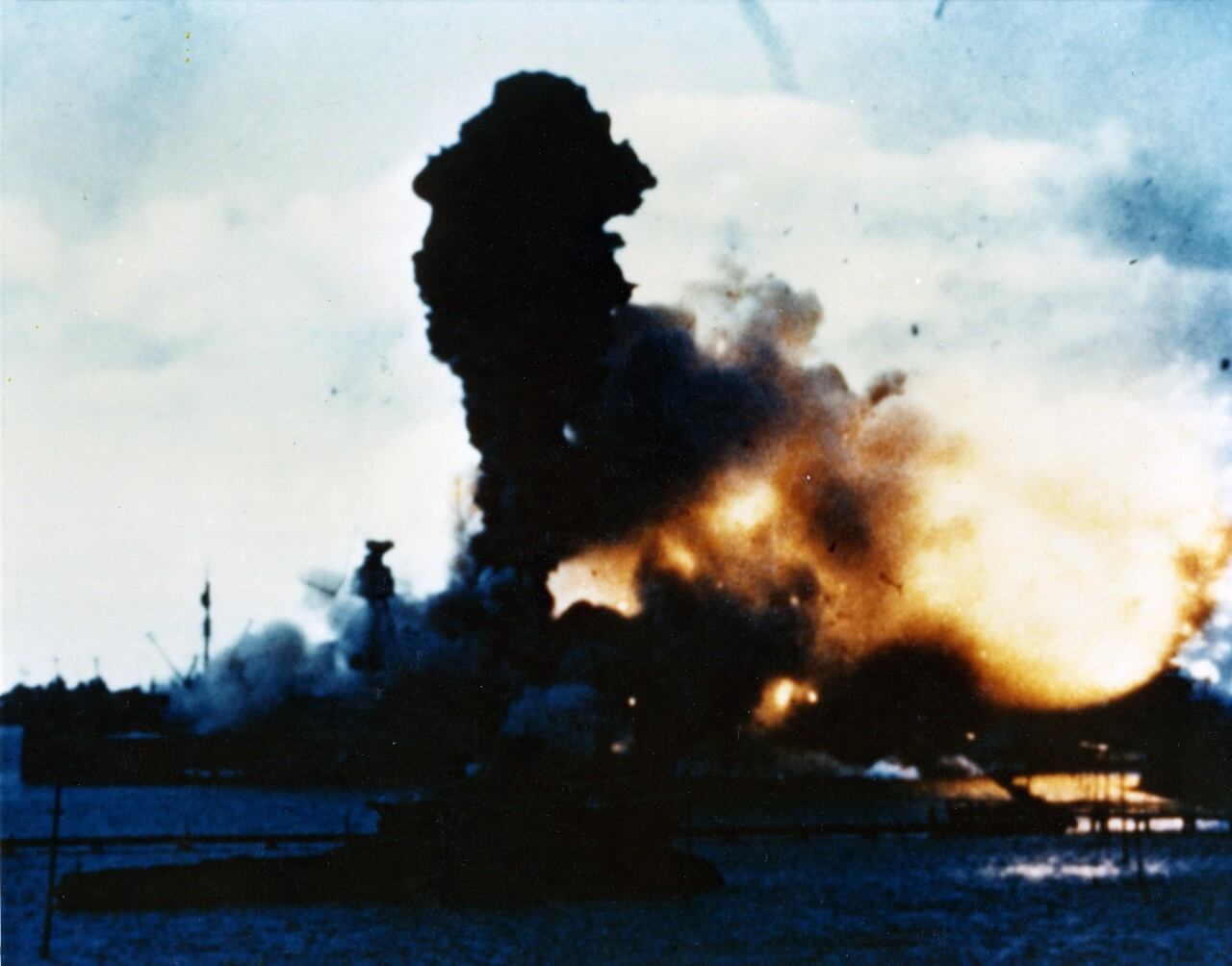
Before Hitler could respond in earnest to Pearl Harbor, he had to get to Berlin, assemble the Reichstag, give its members the good news of war with the United States, and hand an American diplomat a formal declaration of hostilities.
But he saw no need to keep Raeder and his U-boats on the leash. Late on Dec. 8, 1941, Hitler ordered Raeder to authorize the Kriegsmarine to sink on sight any ship flying the flag of the United States, plus those of Uruguay and eight other Central American nations seen as its allies.
Once he reached Berlin, Hitler phoned and met with Goebbels to review the situation in detail. The propaganda minister documented the exchanges in his diary the following day, as was his custom. Goebbels’s Dec. 8 entry notes that Japan has attacked the United States.
“I was…called by the Führer who is extraordinarily happy about this development,” Goebbels writes. “He will summon the Reichstag for Wednesday [Dec. 10] in the afternoon to clarify the German position on this.”
After enthusing about the Japanese action at Pearl Harbor and the likelihood that it will shrink American deliveries of weapons and transportation equipment to Britain and the Soviet Union, Goebbels adds, “The development has produced the greatest joy for the Führer and the whole headquarters.”
Goebbels’ Dec. 9 entry summarizes developments in East Asia and the Pacific, mentions the coming Reichstag session, and repeats his assessment that the United States no longer will be able to aid England and the Soviet Union.
“We can be extraordinarily satisfied with the way things have developed,” the Nazi propagandist says in conclusion.
On Dec. 10 Goebbels again predicts the demise of American deliveries of weapons and airplanes, refers to worldwide puzzlement over German policy in the new situation, and reports at length on a Dec. 9 meeting in Berlin and Hitler’s demeanor during it.
“He is filled with joy over the very fortunate development of the negotiations between the USA and Japan and also over the outbreak of war,” Goebbels writes. “He correctly pointed out that he had always expected this development.”
Goebbels then summarizes comments by Hitler to the effect that the Japanese initiated war in the Pacific in a manner and at a moment that caught him unaware but which he found entirely correct.
Hitler told Goebbels about his sink-on-sight order to the Kriegsmarine — which both men celebrated — and said that in his Reichstag speech he would declare war on the United States.
Hitler added that he would urge all Axis partners to do the same. (Italy, Hungary, Romania, and Bulgaria proceeded to do so, although Roosevelt had the State Department attempt for half a year to get the latter three to withdraw their declarations of war.)
In his conversation with Goebbels, Hitler claimed to be blasé about setbacks on the Eastern Front and predicted an end to American provisioning of England and the Soviet Union. Hitler summarized what he expected to say to the Reichstag, telling Goebbels that to give himself time to draft and polish the speech he was postponing it to Dec. 11.
“The Führer again projects a wave of optimism and confidence in victory,” Goebbels writes.
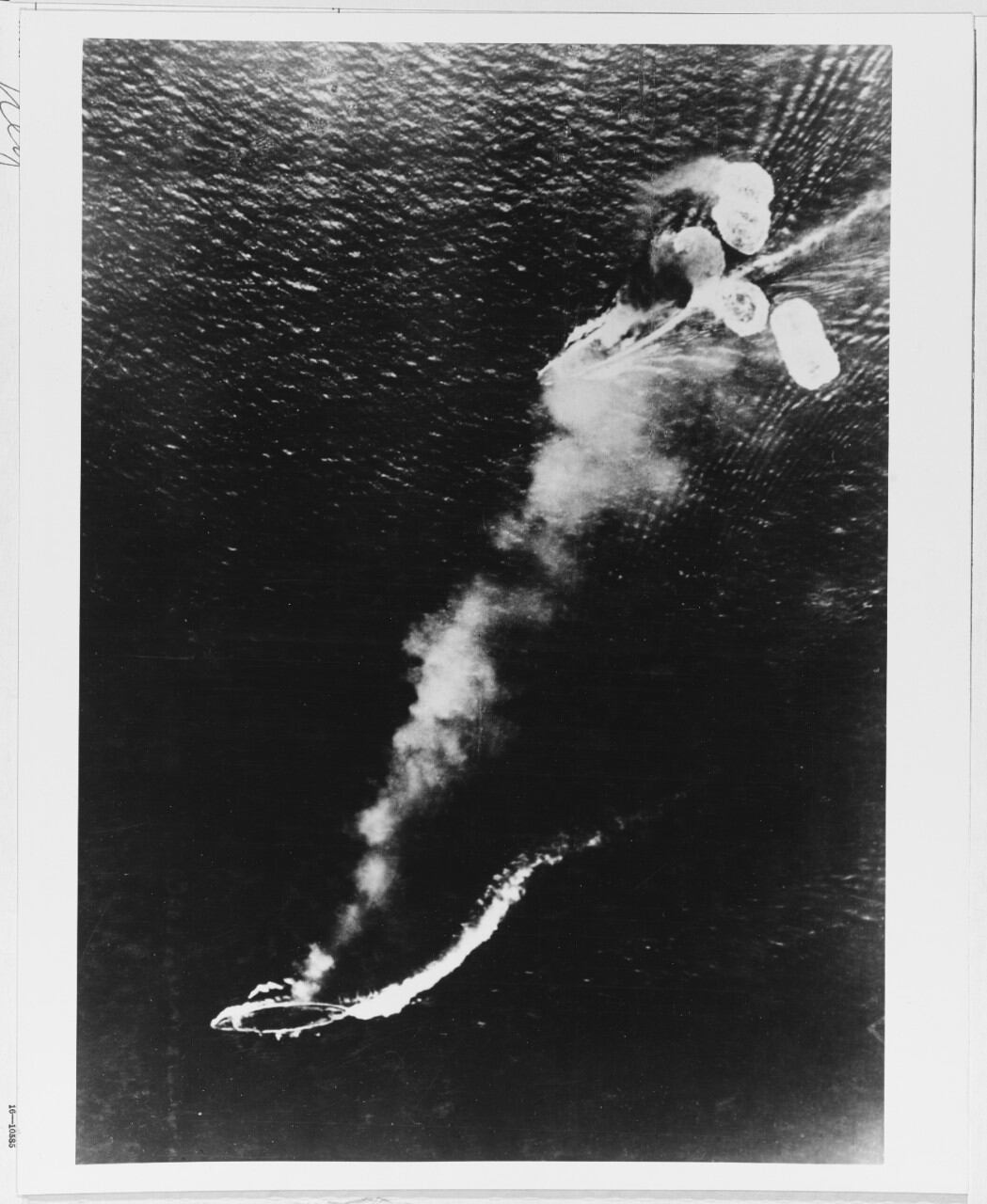
On Dec. 11, diarist Goebbels says how good it is to have Japan’s aggressive and successful advances diverting attention at home and abroad from Axis setbacks on the Eastern Front and in North Africa.
Japanese pilots have sunk the British warships Prince of Wales and Repulse off Malaya, the propaganda minister notes. He restates his conviction that America will stop being England’s quartermaster.
Writing of a noon meeting the day before with Hitler, Goebbels says the Führer is especially pleased about Prince of Wales and Repulse and about the timing of the Japanese successes, given the situation on the Eastern Front. Goebbels notes that although the Japanese wanted the Reichstag to convene earlier, Hitler is to speak at 3 p.m.
After offering considerable detail on matters in the Pacific, Goebbels’s Dec. 12 entry reports on Hitler’s speech the day before. In his address, the dictator told the Reichstag that Germany was at war with the United States and had signed a treaty with Italy and Japan eschewing a separate peace.
Goebbels raves about Hitler’s presentation, and about Mussolini’s own Dec. 11 proclamation and speech about war against the United States.
Two days later Goebbels notes that he and Hitler met once again. He describes their shared excitement and pleasure at Japan’s coups in East Asia. He notes that in the afternoon Hitler spoke to the Gauleiter, the district chiefs of the Nazi Party, telling his tribunes all will be well, with no chance that the entry of the United States will prolong the conflict.
In the meantime, Goebbels reports, Ribbentrop has handed Germany’s declaration of war to the American chargé d’affaires; the German chargé in Washington presented the document to Secretary of State Hull.
Ribbentrop and Hitler had worried that the United States might declare war before Germany was able to do so. (“A great power does not allow itself to be declared war on; it declares it on others,” Ribbentrop once told a deputy.)
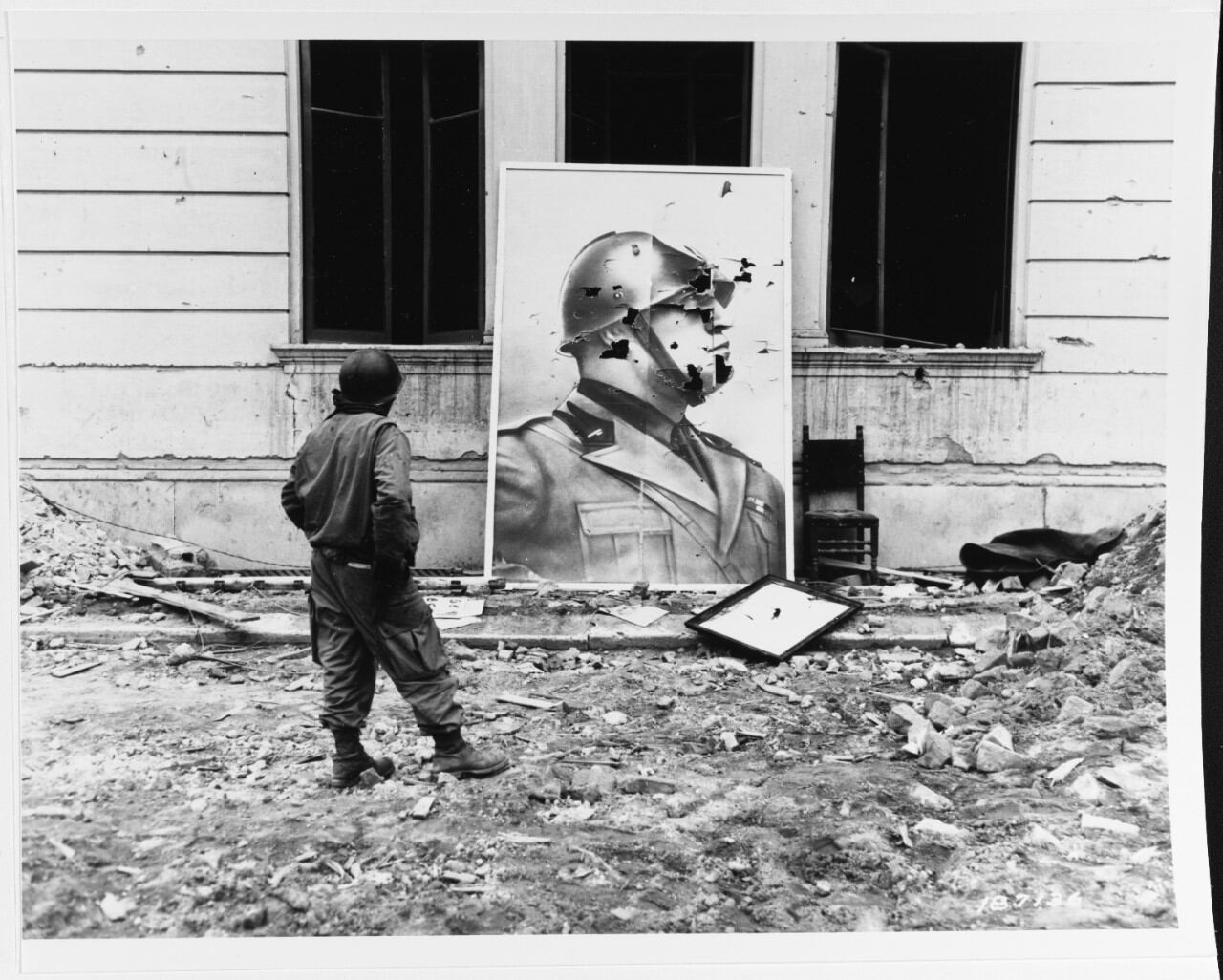
At every previous juncture expanding the war, Hitler heard warnings and even argument from his circle of political and military advisors. But prior to the German declaration of war on the United States, the only discouraging words came from Hans-Heinrich Dieckhoff, the former German ambassador to Washington.
For once on a dangerous gambit, the Reichstag exhibited unanimity as enthusiastic as the leadership’s.
Hitler and coterie may have had no second thoughts, but in Rome, Galeazzo Ciano’s experienced eyes suddenly came into sharper focus.
He connected the dots backward from Germany and Italy’s twin declarations of war — the latter of which he personally handed the American chargé the afternoon of Dec. 11 — to Pearl Harbor, to Japan’s demand for a treaty abjuring any separate peace, to autumn’s bluster about the Eastern Front.
Although Ciano notes in his diary that Ribbentrop was “jumping with joy about the Japanese attack on the United States,” he records a very different personal perspective.
Following a meeting on Dec. 13 with the Cuban minister, who had come to declare war on Italy, Ciano mused on the private page about “having had the good fortune, or is it the misfortune, to declare war on France, on Great Britain, on Russia and on the United States.”
RELATED
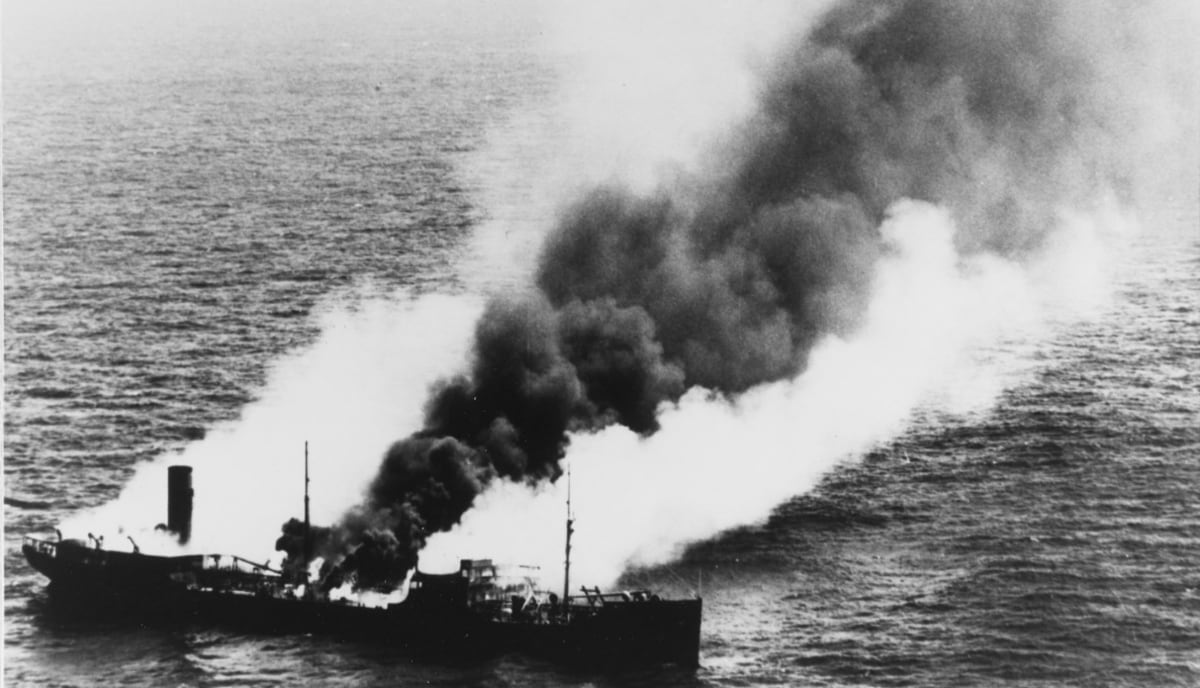
Gerhard L. Weinberg served in the U.S. Army from 1946–47, and earned a PhD in history in 1951. During the next decade he worked on Columbia University’s War Documentation Project, and established the program for microfilming captured German documents. Among these documents Weinberg found Hitler’s lost manuscript for a sequel to Mein Kampf. He went on to become one of the leading scholars of World War II, serving on several U.S. government advisory committees. Now retired, he is the author or editor of 10 books including World in the Balance: Behind the Scenes of World War II, Hitler’s Foreign Policy 1933–1939: The Road to World War II, and the comprehensive A World At Arms: A Global History of World War II. This article initially appeared on HistoryNet, a sister outlet to Navy Times.
